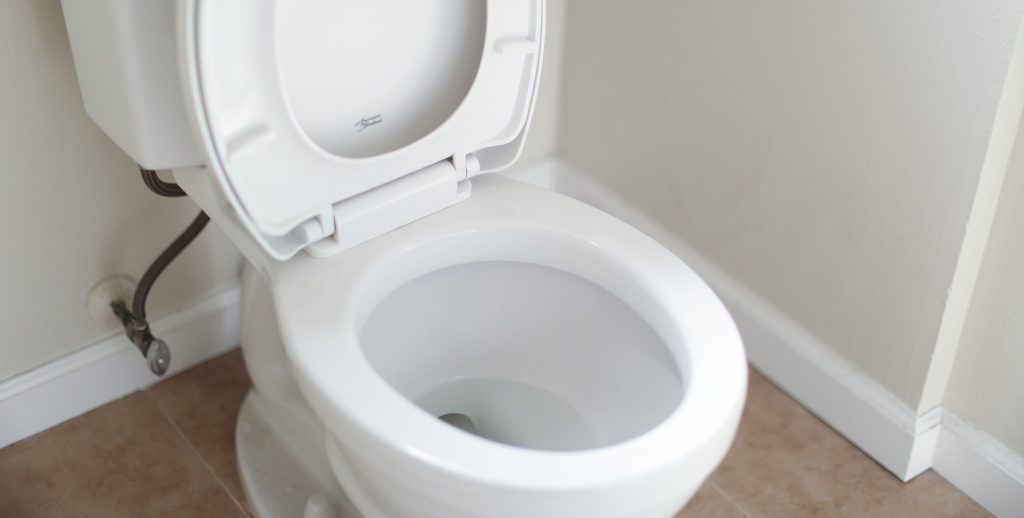The good news is that HIV is far less common now than it once was. 2018 saw the lowest number of new HIV diagnoses in over two decades in Australia – a country that has been praised as a leader in HIV prevention. However, 2019 saw an increase in diagnoses, with a growing proportion among heterosexual Australians.
As HIV can often display no symptoms or symptoms like that of the flu, the only way to know your status is to get tested. Frequent testing can protect your health and prevent the further spread of the disease.
How common is HIV in Australia?
In 2019, there were an estimated 29,045 people living with HIV in Australia. 10% of those were undiagnosed, which means that the individual is unaware of their HIV status. Though unlike in the past, HIV is now able to be managed with treatment, so that those diagnosed are able to live long and happy lives. Research shows that 91% of people diagnosed with HIV in Australia were receiving treatment and 97% of those on medication had an undetectable viral load. Explain undetectable viral load
Infection rates among Aboriginal and Torres Strait Islander people are between 1.3 and 1.9 times higher compared to non-Indigenous Australians over the past five years.
Among those diagnosed with HIV in 2019:
- 59% of cases were attributed to sexual contact between men
- 23% of diagnoses were attributed to heterosexual sexual contact
- 7% of cases were attributed to a mix of sexual contact between men and injected drug use
- 3% of cases were attributed to drug injection alone
- 8% of cases were of unspecified cause.
Who is at risk of HIV?
Everyone should get tested at least once a year, though there are other factors that may put you at increased risk and lead you to need to get tested more frequently. If you fall into any of these categories, you should consider getting tested regularly:
- If you are male who has engaged in sexual activities with another male
- If you have had sexual contact with someone who is HIV positive
- If you have had more than one sexual partner
- If you have injected drugs or shared needles or various supplies with others
- If you have been diagnosed with any other STI or STD
- If you have been treated for hepatitis or Tuberculosis (TB)
- If you have engaged in sexual activities with another person who may fall into one of these categories.
Why is it important to test for HIV?
An early HIV diagnosis is key to preventing serious long-term illness and unknowingly passing the virus to others. Early signs of HIV can manifest similarly to the flu, with symptoms such as fever, chills, sore throat and fatigue. If left undiagnosed and untreated, an HIV infection can enter the stage of clinical latency, in which an individual can exhibit no symptoms, but the virus will continue to multiply.
The individual can stay at this stage for between 10-15 years. Eventually the virus will progress into the late stage, AIDS, in which the body’s immune system is significantly weakened with symptoms such as rapid weight loss, recurring fever, extreme tiredness, prolonged diarrhoea, pneumonia and memory loss. Since all of these symptoms can easily be related to other conditions, getting tested for HIV is the only way to know the cause.
Heterosexuals are among those most likely to get a late diagnosis. In 2017, almost 50% of heterosexuals diagnosed with HIV in Australia had been living with HIV unknowingly for at least four years, leading to a significant proportion of transmission. Growing awareness around HIV within heterosexual communities, and within Indigenous and Strait Islander communities where transmission rates are higher, is an important part in preventing the spread of HIV and getting those infected the treatment they need.
How Better2Know can help you to test for HIV
Better2Know offers a 28 Day HIV DUO test, which is 99.8% accurate at 28 days of incubation. Once your blood sample has been collected, you will receive your results within one to five working days.
If you have any concerns about your HIV status, you should get tested as soon as possible. Better2Know can provide you with quick, easy, confidential and anonymous HIV testing and can help you to arrange an appointment at a clinic in your local area. You can book your appointment online or by phoning the number at the top of the page. Our team are available 24 hours a day, 7 days a week, so you can get in touch with us at a time convenient for you.
Sources
[1] HIV.GOV: Who Should Get Tested?
[2] HIV.GOV: Symptoms of HIV
[3] UNAIDS: HIV in Australia
[4] AFAO: HIV Statistics
[5] ABC News: HIV diagnoses in Australia hit 18-year low, but there is still a way go
[6] ATSIHIV: HIV on the rise among straight Australians





